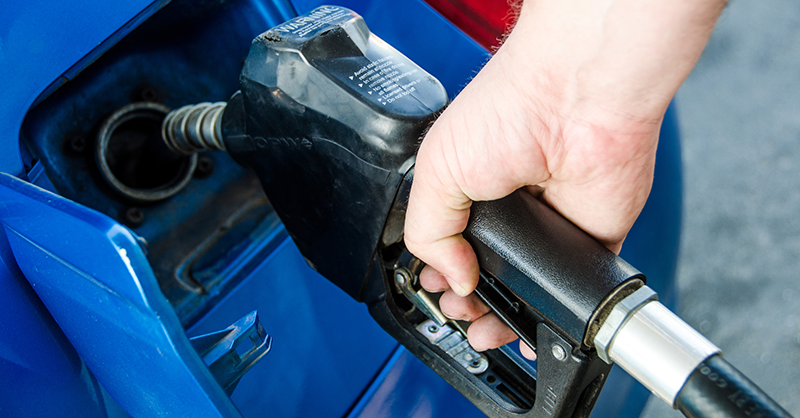
A little engine gunk can go unnoticed. Over time though, too much robs fuel economy and bogs down acceleration.
If you’re noticing these symptoms, it might be time to look at the fuel system--especially if your engine has between 60,000 and 100,000 miles.
“There’s no one-size fits all standard for when a fuel cleaning service is needed,” said Jack Nerad, executive editorial director for Kelley Blue Book’s KBB.com. “Following the manufacturer's recommendation for service is always your best bet for peak performance and staying within your warranty."
The fuel system is made of three important parts: a filter, the pump and injectors. All three are critical in ensuring gas travels from the tank to the injectors, before vaporizing inside the engine. Dirt and debris in one part of the system can clog another, which can stress and damage the engine.
Fuel-injection is a technology that electronically spritzes gas into the engine. Naturally, this is a complex system that sometimes needs attention.
Modern fuel systems are not only more advanced than earlier forms of fuel injection, but name-brand gasolines also contain important detergents that help keep engines and injectors clean, Nerad said.
“There’s enough detergent in name-brand fuels that you should be good,” he said. “But if you’re noticing sluggish acceleration or decreased fuel economy you should consider getting the system inspected by an expert.”
Below, Nerad talks about fuel systems and what a cleaning service may include:
- A thorough service removes the injectors and cleans them on a specially designed machine.
- Shops might also offer a less expensive service that sends a cleaning solution through the engine while it remains mounted.
- All gasoline contains detergents that prevent carbon deposits, but how much detergent varies greatly. Premium brands use more detergent, bargain brands less.
- Fuel injection cleaning might not be necessary, check with your trusted service advisor and your service interval schedule.
- Gasoline direct injection--a more sophisticated injection system that uses higher pressure--is becoming common. Some of these newer systems have proved to be more prone to clogging than regular fuel injection.
Copyright © 2024 by Sensible Driver. All rights reserved.


